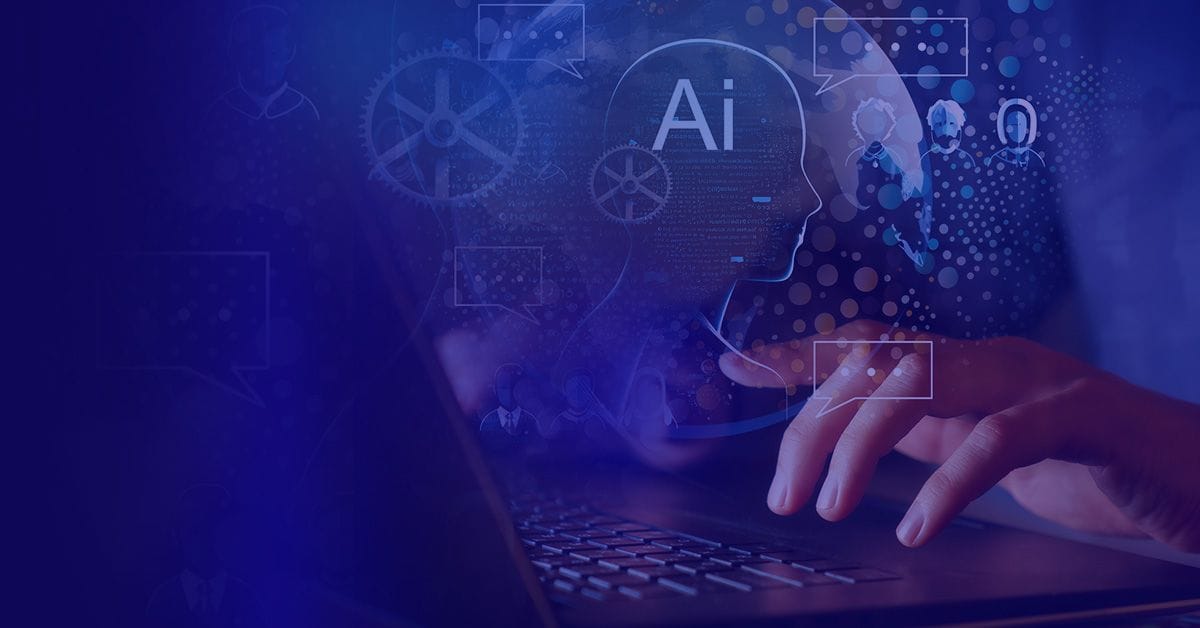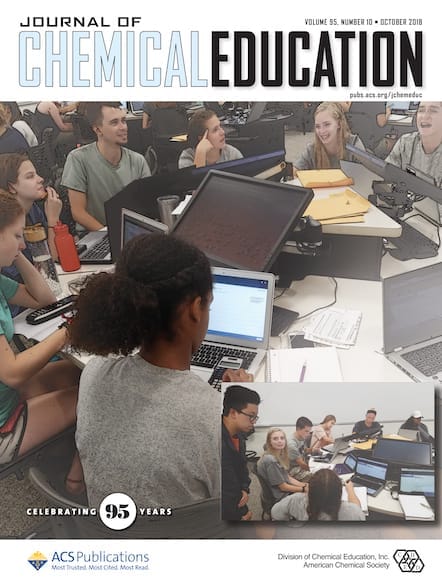This Virtual Special Issue will aim to establish early baselines of understanding the potential presented by generative AI tools for use in classrooms, laboratories, and other educational settings. Submit your manuscript by March 1, 2024.

Interest in the potential impact of generative artificial intelligence (AI), as most often expressed via interest in the ChatGPT system, has been growing steadily within academic communities. Predictions abound about the expected impacts of this new technology, and as increasing numbers of chemistry educators consider ways to incorporate it in their classrooms, the need for scholarly investigations grows.
The Journal of Chemical Education has already established itself at the forefront of initial research efforts aimed at better understanding the opportunities and challenges presented by this new technology, but deeper investigations are now needed to unlock its full potential for applications in chemistry education. Therefore, the journal is excited to announce an upcoming Virtual Special Issue that will seek to address the implementation and impact of generative AI in research and practice.
Although many approaches to creating a manuscript for this collection are possible, papers that reflect on teaching experiences related to the following topics are welcome:
- What level of detail needs to be provided to chemistry students about an assignment to have fruitful prompts for them to use with generative AI software?
- Can the implementation of generative AI be used to help students develop specific writing skills pertinent to studying chemistry or more broadly science?
- How do students interact with generative AI when solving chemistry problems?
- What effective support can be provided to students to productively and ethically use generative AI in the context of laboratory learning?
- How are the ethical issues about the use of generative AI being addressed in chemistry classroom settings?
- How can generative AI be used in precollege, teacher education, and outreach settings?
To learn more about the scope and requirements for this Virtual Special Issue, read the accompanying Editorial.
Organizing Editors
Assoc. Prof. Elizabeth Yuriev, Associate Editor, Journal of Chemical Education
Monash University, Australia
Submission Information
We welcome submissions for this Virtual Special Issue through March 31, 2024. For more information on submission requirements, please visit the journal’s Author Guidelines page.
Accepted manuscripts for consideration in this Special Issue will include Activities, Research Articles, Chemical Education Research, Commentaries, Communications, Demonstrations, Laboratory Experiments, and Technology Reports.
Papers accepted for publication for this Virtual Special Issue will be available ASAP (as soon as publishable) online as soon as they are accepted and will be included in the next available issue of the journal. After all submissions have been published, they will then be compiled online on a dedicated landing page to form the Virtual Special Issue. Manuscripts submitted for consideration will undergo the full rigorous peer review process expected from ACS journals.
How to Submit
- Log in to the ACS Paragon Plus submission site.
- Choose the Journal of Chemical Education.
- Select your manuscript type, and, under "Special Issue Selection," choose " Investigating the Uses and Impacts of Generative Artificial Intelligence in Chemistry Education."
If you have any general questions regarding submission to this Virtual Special Issue, please email Elizabeth Yuriev at (yuriev-office@jce.acs.org).
